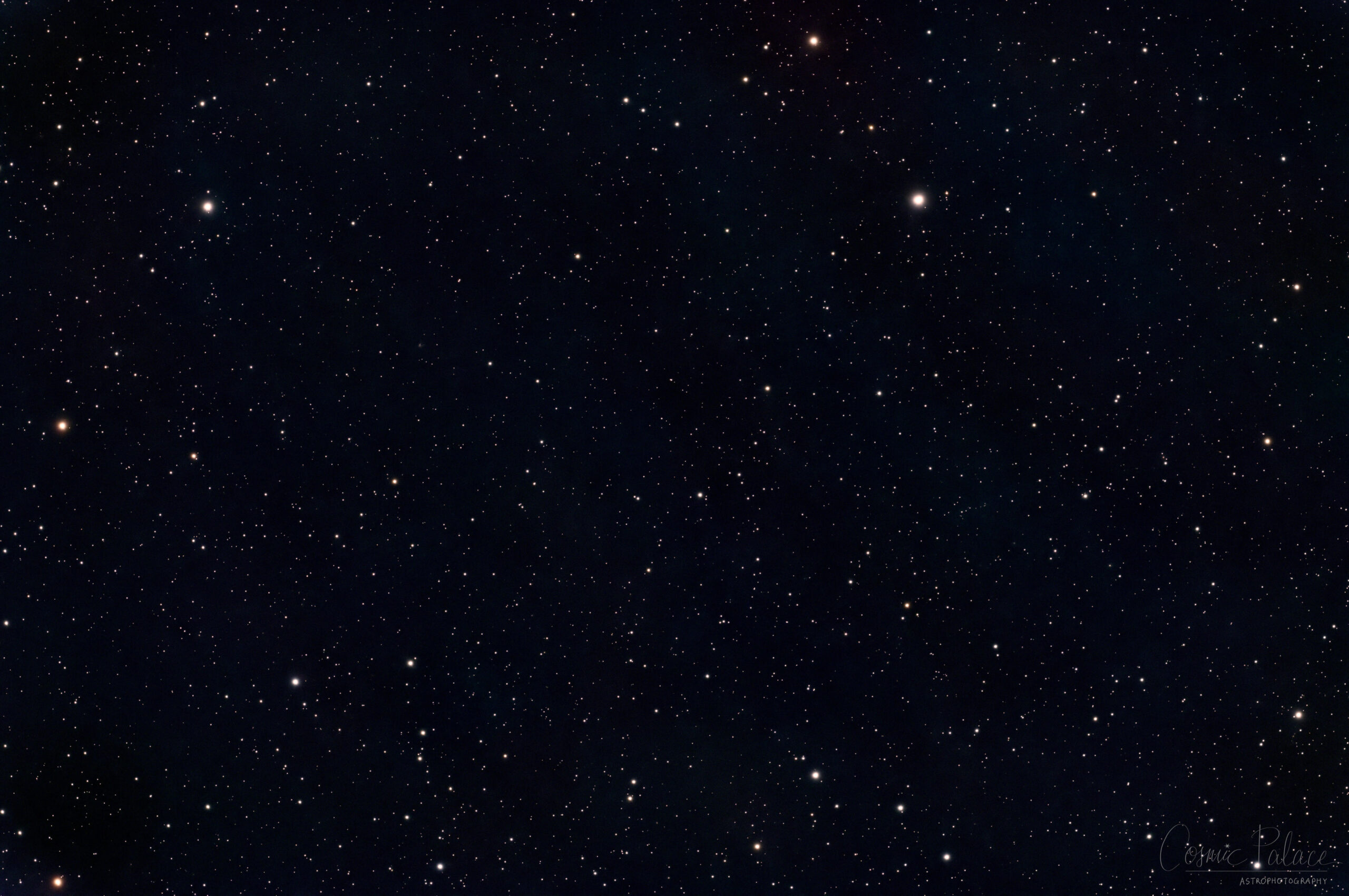Ignorance Epidemic: When Science Takes a Back Seat to Misinformation

Peering through the lens of scientific history can be both humbling and amusing. Our ancestors' beliefs often seem charmingly naive from our modern perspective, inviting a mix of fascination and gentle amusement. The Ancient Greeks, with their remarkable curiosity and intellectual prowess, provide a perfect example of how human understanding evolves over time.
Imagine a world where scientific explanations were woven from mythology, philosophy, and limited observation. These early thinkers weren't limited by a lack of intelligence, but by the technological and methodological constraints of their era. Their attempts to understand the universe were creative, bold, and surprisingly sophisticated for their time.
Each scientific breakthrough we celebrate today stands on the shoulders of countless predecessors who dared to question, hypothesize, and explore. Their seemingly quaint theories weren't failures, but crucial stepping stones in humanity's relentless pursuit of knowledge. From Aristotle's complex cosmological models to early medical theories, these historical perspectives remind us that scientific understanding is a dynamic, ever-changing journey of discovery.
Today, we might chuckle at past scientific misconceptions, but future generations will undoubtedly view our current theories with the same mixture of respect and gentle amusement. The beauty of science lies not in absolute certainty, but in its constant willingness to challenge, revise, and reimagine our understanding of the world.
